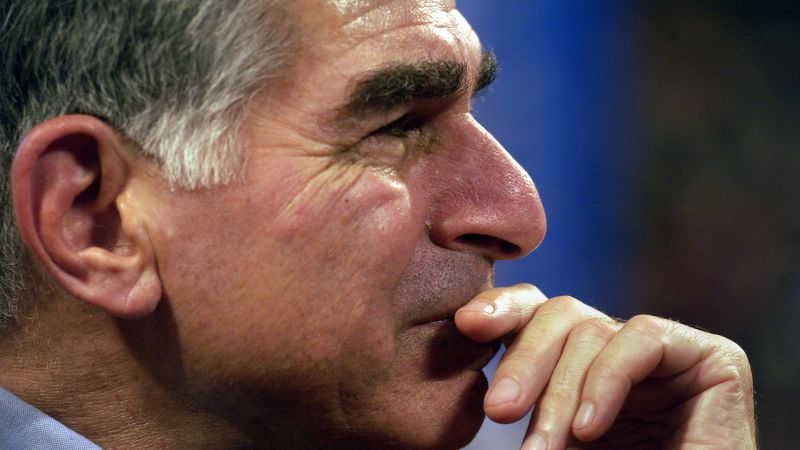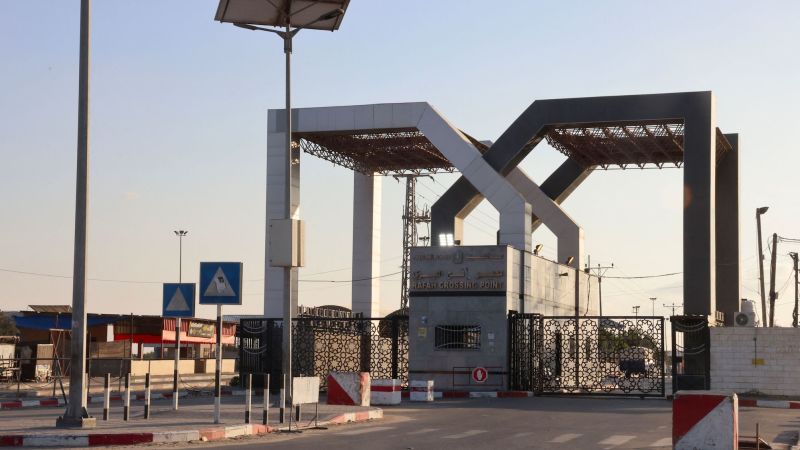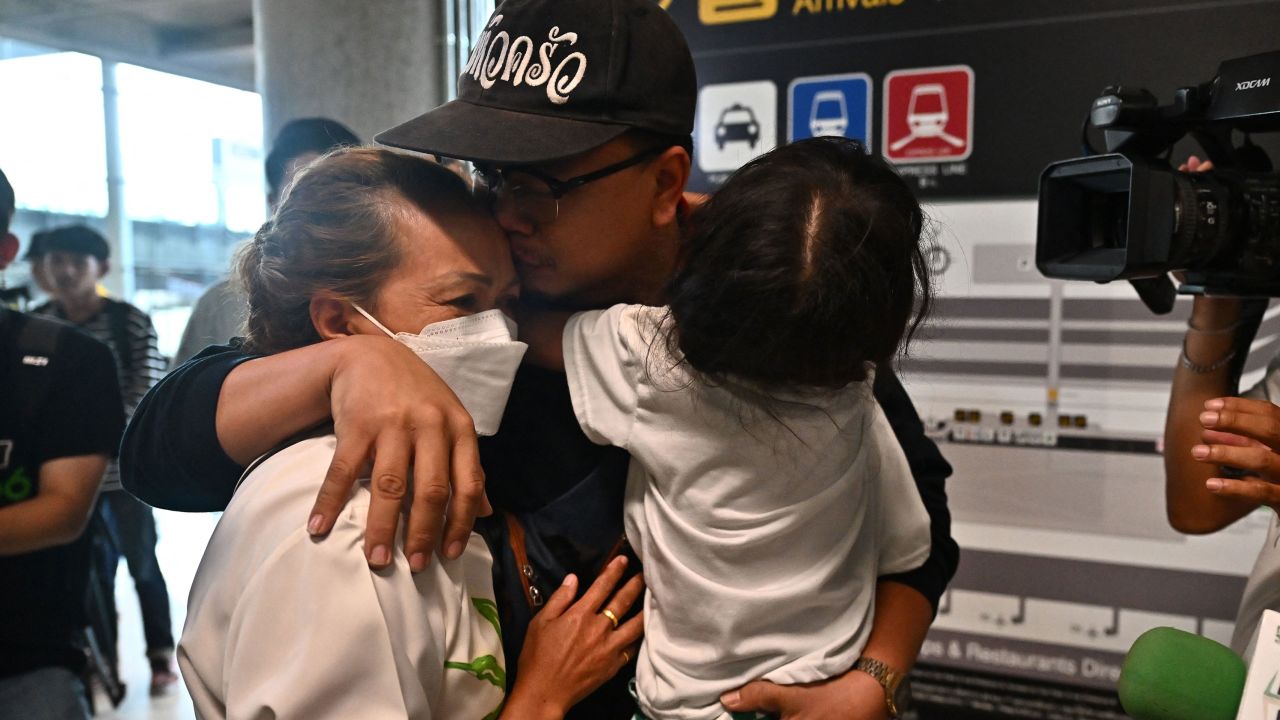Washington
CNN
—
President Joe Biden on Friday spoke with the families of the Americans who remain unaccounted for in Israel after promising to speak with family members of those who are held hostage by Hamas.
During a speech in Philadelphia Friday afternoon, Biden recounted the conversation.
“They’re going through agony not knowing what the status of their sons, daughters, husbands, wives, children are,” he said. “You know, it’s gut wrenching. I assured them my personal commitment to do everything possible, everything possible” to ensure the Americans’ return.
National Security Council coordinator for strategic communications John Kirby told reporters that Biden “conveyed directly to these families that they have been in his prayers and we affirmed for them that the United States government is doing everything possible to locate and bring home their loved ones.”
The call was led by special presidential envoy for hostage affairs Roger Carstens, Kirby said.
“Several of the family members shared information about their loved ones – personal stories and experiences that they have gone through as they endure this, quite frankly, unimaginable ordeal,” Kirby said.
In a clip of an interview with CBS’ “60 Minutes” that aired Friday, Biden promised to speak with the families.
“I think they have to know that the president of the United States of America cares deeply about what’s happening. Deeply. We have to communicate to the world (that) this is critical. This is not even human behavior. It’s pure barbarism,” Biden told CBS’ Scott Pelley in a clip of a “60 Minutes” interview that was released Friday morning.
He added: “We’re going to do everything in our power to get them home if we can find them.”
Fourteen Americans remain unaccounted for, and the White House believes “less than a handful” are being held hostage by Hamas following this weekend’s attacks, Kirby has said.
The US is in “direct communication” with Israeli counterparts and the families, Kirby told CNN’s Poppy Harlow on Friday morning.
“The families have been a good source of information because some of them, you know, they saw their loved one being abducted or they know they’ve seen images of their loved one being abducted. So they have been a significant and an important source of information as well,” Kirby said Friday.
But, he added, “We just don’t have enough information to develop any specific policy options one way or the other.”
The US is offering Israel hostage recovery expertise, with FBI and Pentagon personnel on the ground providing support.
Diplomatic efforts to recover the hostages are also underway, with Secretary of State Antony Blinken currently traveling in Qatar, which CNN has reported is among the countries in talks with Hamas over hostages.
Kirby noted to CNN on Thursday that it is a “common tactic in the Hamas playbook to break up hostages and move them in rounds in sometimes small groups,” though the US has not confirmed whether that is the case.
Biden called Hamas “pure evil” but said the majority of Palestinians were suffering as a result of the militant group’s terror. In some of his most direct public comments about the suffering inside Gaza, the president said he was working “urgently to address the humanitarian crisis” in the coastal Palestinian enclave.
“We can’t lose sight of the fact that the overwhelming majority of Palestinians had nothing to do with Hamas,” Biden said, adding, “They’re suffering as a result as well.”
FBI hostage negotiators and agents, some working in Israel and others in field offices around the US, have been assisting in the efforts, according to US law enforcement officials involved in the matter.
These include members of the FBI’s Critical Incident Response Group, which has extensive experience in helping to resolve hostage incidents, including in war zones from Afghanistan to Iraq and across the Middle East. Negotiators and agents are talking to family members, getting proof of life information that can be used in the investigation and for possible questions to be asked if hostage-takers reach out.
Earlier this week, Biden pledged the full force of his administration’s commitment to rescuing hostages, saying that while “we’re working on every aspect of the hostage crisis in Israel,” if he relayed in detail what steps the administration was taking, “I wouldn’t be able to get them home.”
“Folks, there’s a lot we’re doing – a lot we’re doing. I have not given up hope of bringing these folks home,” Biden said. “But the idea that I’m going to stand here before you and tell you what I’m doing is bizarre, so I hope you understand how bizarre I think it would be to try to answer that question.”
















